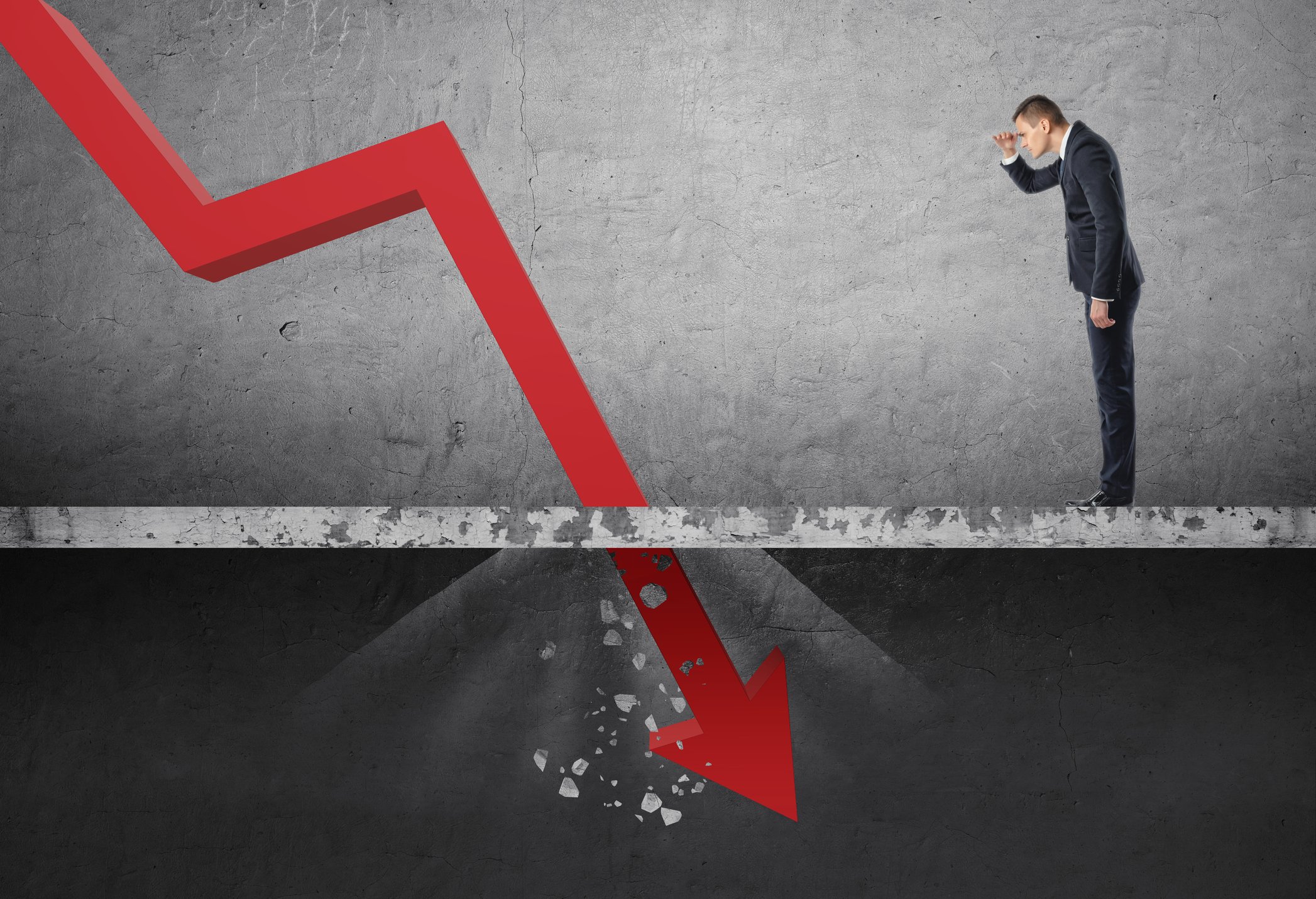If sneaker reselling is a fad, it's lasted longer than the Beanie Baby craze or tulip mania, though it hasn't endured quite as long yet as trading baseball cards. With fistfuls of money flowing into this niche market, online luxury goods platform Farfetch (FTCH +0.00%) is betting that footwear resold at inflated prices to impoverished inner-city youth and hedge fund types alike is actually a long-term trend.
To make sure that it will be at the intersection of high-end fashion and streetwear, Farfetch just paid $250 million for sneaker reseller Stadium Goods.

Image source: Getty Images.
Footwear as collectible
Sneaker reselling began as part of the urban subculture of buying so-called "dead stock," footwear whose production was finished and wouldn't be offered again. Today, though, the term "dead stock" has morphed to refer to brand-new, pristine sneakers. It's on this market that pairs of Nike (NKE +0.96%) Air Jordans, Yeezys, and Air Vapormaxes that sell for several hundred dollars on release at retail can fetch several thousand dollars -- even tens of thousands of dollars -- on the resale market.
While teens and young adults are willing to snatch up the Jordans going for $200 to $300, kicks that sell for $10,000 or more are attracting the monied crowd. Who else can plunk down between $16,000 and $25,000 for a pair of music impresario DJ Khaled's Air Jordan 3s or $26,000 for Nike's auto-lacing Mag 2016s inspired by the pair seen in the movie Back to the Future II? Think of it as the Beanie Babies fad on steroids.
Venture capital money is pouring into sneakers and streetwear resellers too. This summer, menswear platform Grailed took in $15 million, Goat merged with Flight Club and received $60 million in new funding, and earlier this year Alphabet's investment arm GV -- formerly known as Google Ventures -- led a $44 million round of financing for StockX, the world's first stock market for high-demand consumer goods.
Stadium Goods has quickly become a respected reseller in its own right, and this past February the venture capital arm of LVMH took a minority stake in it for an undisclosed sum. Two months later Farfetch added Stadium Goods to its online platform, and now it is buying it outright.
Approaching peak sneaker
Yet are such markets sustainable? Greed seems to undo all such manias as the high prices bring in more buyers, but also cause manufacturers to ramp up production, which ultimately wrecks pricing.
The resale market is estimated to account for about $1 billion of the $20 billion footwear market, and Nike is believed to represent north of 90% of those resales. The footwear maker was recently found to account for 96% of the sneakers sold on eBay, but where dead stock used to actually be a relatively rare commodity, drops of "limited-edition" sneakers can now run into the thousands each year.
According to NPD Group, athletic footwear dollar sales were flat year over year at the end of July, with performance styles down from last year. Growth at Nike and Adidas was down sharply from prior rates. We might not have hit the saturation point yet, but we seem to be getting close.
Farfetch's far-fetched idea
Fashion and footwear are now closely paired, with celebrities and athletes signing on to drive demand, and it's quite possible the hype will run for a few years more, suggesting Farfetch can milk the channel further. Certainly, CEO Jose Neves knows the footwear business well, having originally founded custom sneaker company SWEAR in the mid-1990s. That means he has the potential to extend the streak further, perhaps even overseas. That could make footwear and streetwear a more inextricably linked component of high fashion than it already is, but it could all kick Farfetch hard when the bloated resale market finally implodes.







